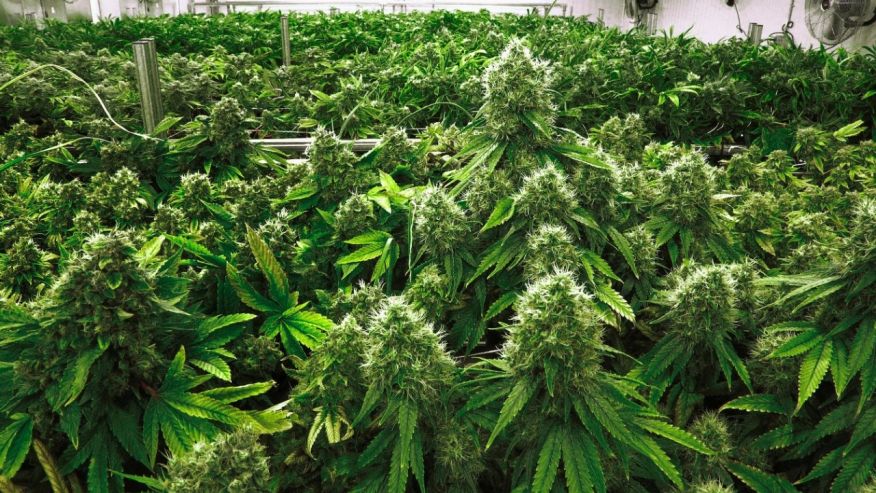The Failed Promise of Legal Pot
 The Atlantic 9 May 2016
The Atlantic 9 May 2016
New laws on marijuana were supposed to boost tax revenues and free up cops to go after “real” criminals. But underground sales—and arrests—are still thriving.
Family First Comment: Interesting commentary – and a warning for Maori MPs and the Maori Party.
The dream of legal marijuana as it is being sold to the American public is that it will not only give states a chance to reap a tax windfall off of a drug millions of Americans already use; it will end the back-and-forth tussle among cops, users, and dealers, and shift police resources to more serious crimes. Most compellingly, advocates hold out the promise of a major step toward dismantling one of the pillars of racially biased policing—the war on drugs—and finally reeling in a legal net that has long entangled black men at vastly disproportionate rates.
Proponents of legalization make this case explicitly. In factsheets and reports, the American Civil Liberties Union describes marijuana laws as generating “staggering” racial bias. And the statistics do paint a stark picture: Although whites are as likely to use marijuana as blacks, nationally black people are almost four times more likely to be arrested for possessing the drug. In some states, it’s closer to nine times. Those arrests in turn show up on background checks for everything from apartments to jobs, and despite the courts’ presumption of innocence, arrests are often treated by society as de facto markers of guilt. So in one fell swoop, voters are told, they can balance government budgets, begin to close a pipeline that sends one in three black men to prison, and free up the cops to chase real criminals. Plus, now it’s legal to get stoned.
One-half of the dream is coming true. In the first two states to go legal, arrests for marijuana possession have dropped dramatically—by 98 percent in Washington and 95 percent in Colorado as of last year—and high taxes in both states are generating tens of millions of dollars a year for education and public health. At the same time, legal markets in Washington and Colorado along with loosening medical-marijuana laws around the country have together exerted enough downward pressure on street prices that Central American cartels have reportedly begun to shift production away from marijuana, toward more profitable drugs like heroin.
But the other half of the dream is faltering. The rub lies in reconciling those dramatic statistics with the reality on the street: The same faces standing on the same corners. The same neighborhoods cruised by the same cops. The same cautious side-to-side look before a thickly flowered stem is removed from a backpack, peered at closely, maybe smelled and rolled between the fingers, and, in a quick change of hands, finally sold.
As legalization efforts proceed apace, the risk is that even as possession arrests taper off, black markets will continue entangling young black men. Half of all drug arrests are for marijuana, and about one in eight of those is for distribution. According to experts, even that number likely conceals cases where police target dealers but ultimately arrest them only for possession, which has lower probable-cause standards. And like possession arrests, arrests for selling marijuana show broad trends: The sellers who the cops catch are mostly male, more than half are under 24, and black people are arrested at four times the rate of whites, even though whites are up to 32 percent more likely to sell the drug.
The risk is that, by itself, legalizing marijuana possession changes none of this and that, even as legalization spreads, young black men will continue to be arrested at disproportionate rates for selling the drug. In turn, this leaves intact a version of the same specter that helped spur legalization in the first place: An arrest record’s scarlet letter will continue to blight the collective futures of urban communities of color, the natural effect of an economic incentive the state did not remove.
READ MORE: http://www.theatlantic.com/politics/archive/2016/05/legal-pot-and-the-black-market/481506/







